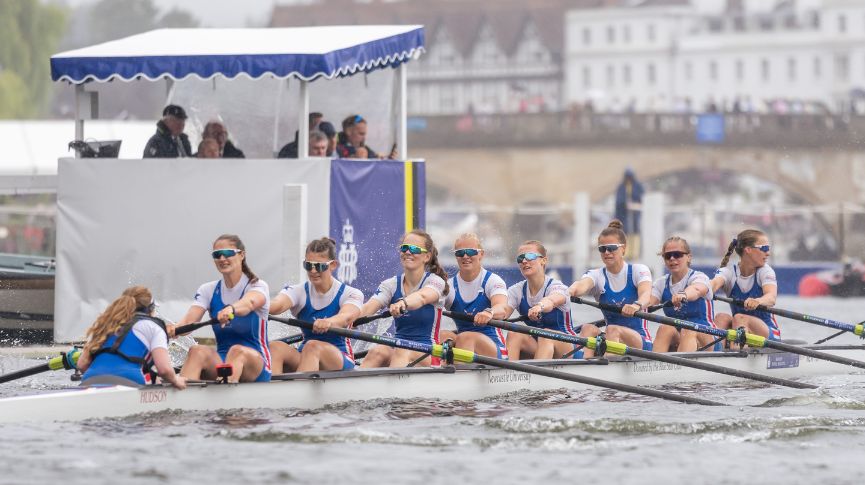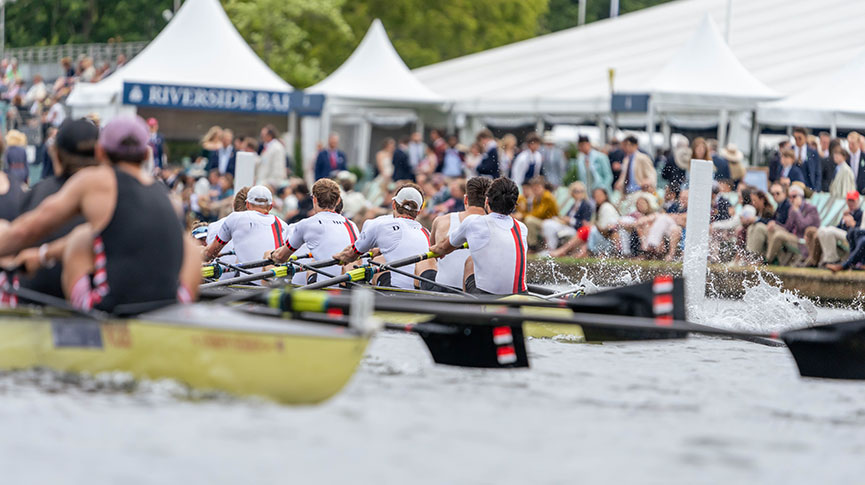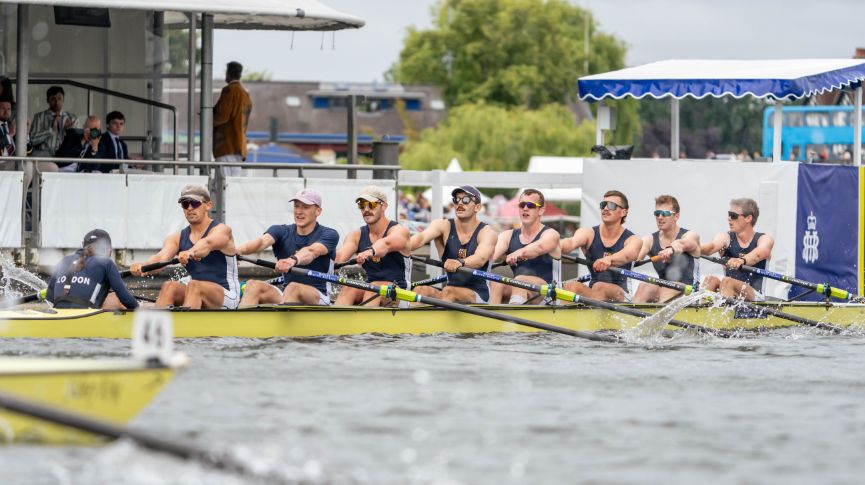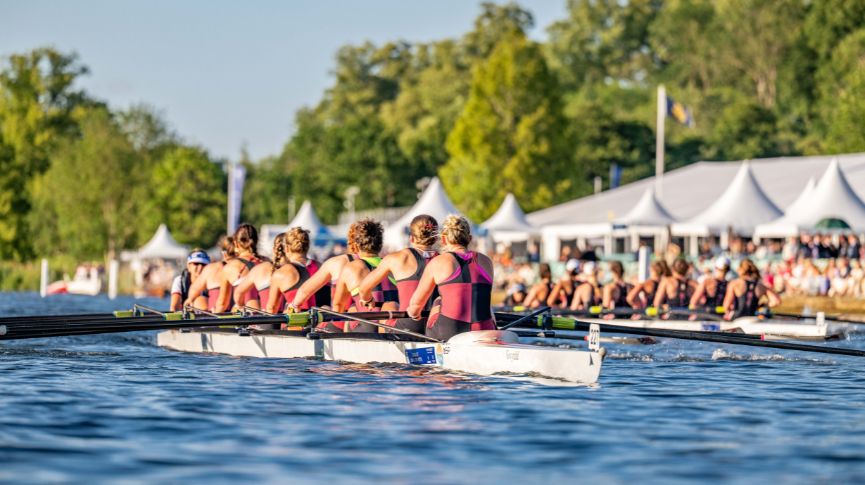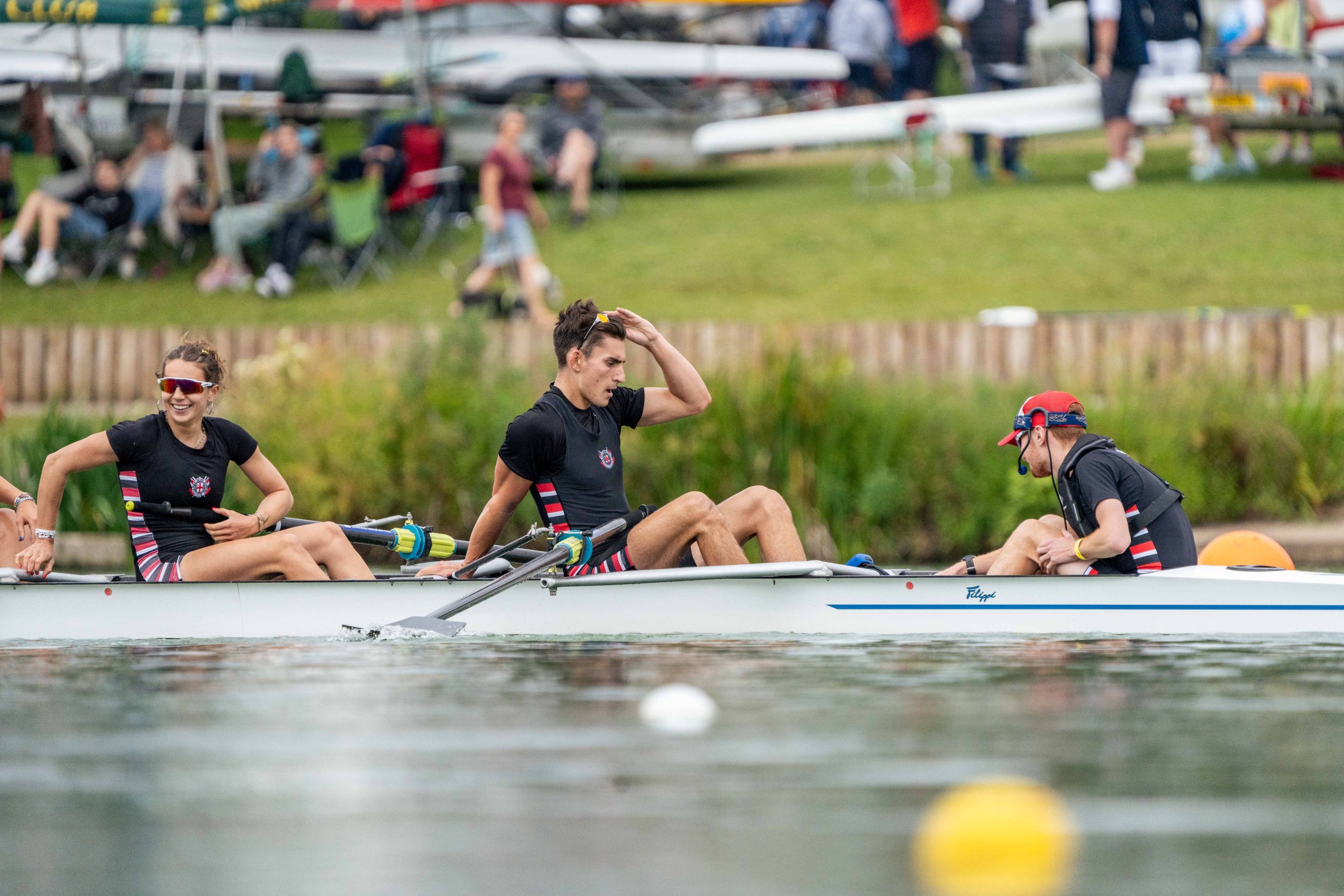Nurturing the next generation of GB Rowing Team stars
The GB Rowing Team High Performance Programme in clubs is developing talent to battle for medals at future Olympic and Paralympic Games
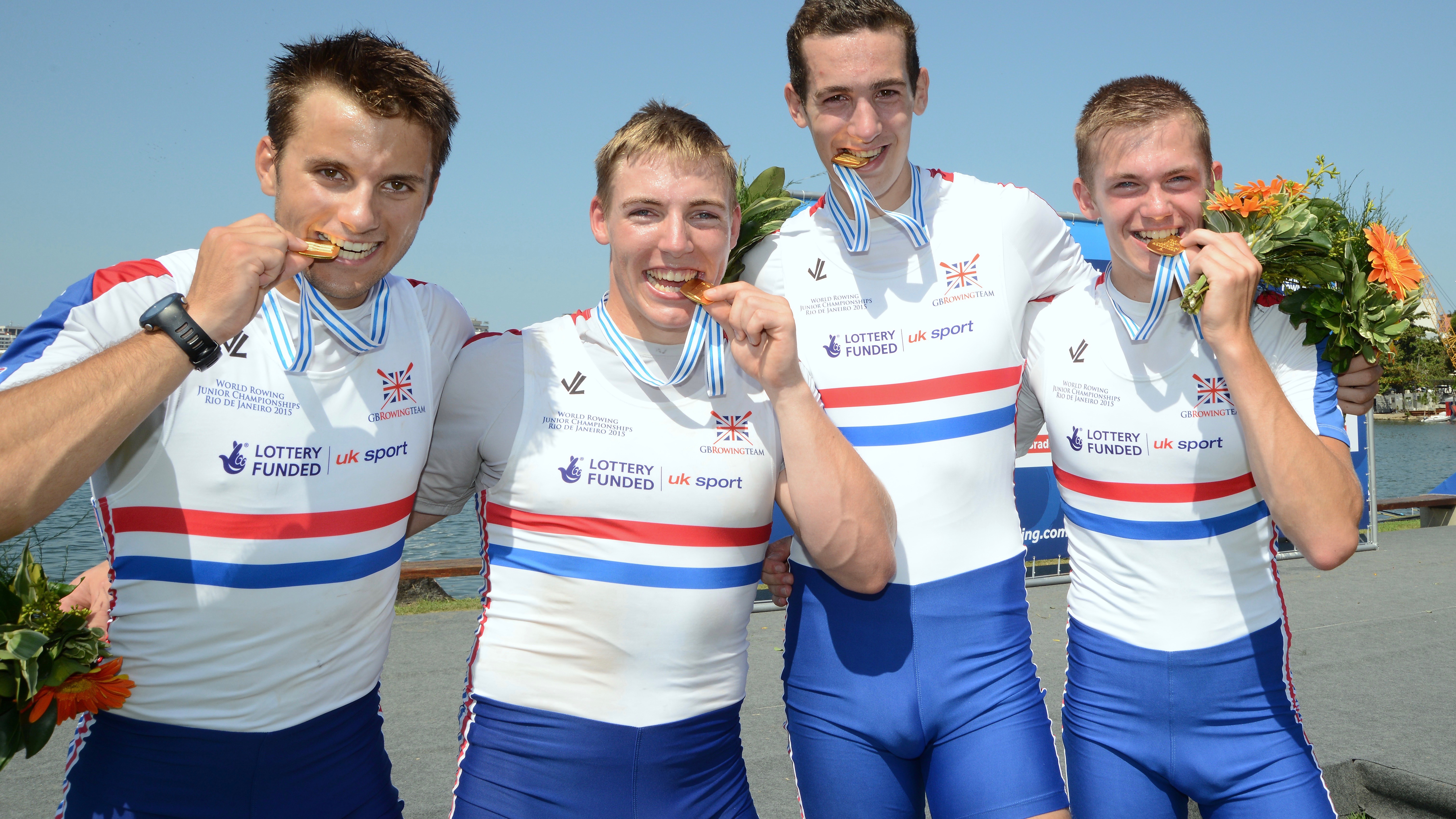
Edinburgh's Armstrong and Horsburgh are already world-level winners ©Igor meijer
The golden summers of 2012 and 2016 are still etched firmly in the minds of British rowing, Olympic and Paralympic sports fans. Who could forget those heady days when GB’s rowers topped the world?
In the sometimes gritty, but often rewarding engine rooms of rowing development, though, Rio is already a distant memory and the charge is on to find and continue to nurture the next generation.
Traditional rowing schools, clubs and the GB Rowing Team Start programme – which turns novice talent into rowing super-humans in a rapid process from age 16 and is the sporting Alma Mater of Olympic gold medallists like Moe Sbihi and Helen Glover – are all rich seams that are being mined.
Speaking recently with Peter Sheppard, chief coach for U23s and juniors, and Louise Kingsley, Development Pathway and Programme Manager, there are other, strong if less-profiled sources.
In particular, the GB Rowing Team High Performance Programme in clubs is bearing considerable fruit.
Kingsley says: “Clubs like Leander Club, University of London BC, Oxford Brookes and Durham have a great track record in this area. They can take novice rowers, from their first stroke, or club-level rowers to the national training squad. Paul Bennett, from UL, who won gold in Rio, is a classic example, as is 2015 World silver medallist Will Fletcher who came through both Durham and Leander into the GB team.”
“It’s an exciting time,” said Sheppard. “We have the chance to shape the next eight years with rowers who are coming from multiple sources including the UK and US universities and our big clubs and schools.”
Edinburgh University’s High Performance Programme is a good case study. Led by coaches Colin Williamson (men) and John Higson (women), they have a range of talented rowers, headlined by Josh Armstrong and Gavin Horsburgh, who have already made World Championship age-group podiums.
The duo were part of GB’s history-making gold medal junior men’s quadruple scull in 2015 and Horsburgh went on to win U23 lightweight men’s quadruple gold last year. Both came into the Edinburgh set-up from Glasgow Academy as did Alex Rankin who was part of the World junior women’s four.
Some rowers, though, like Maddie Arlett – part of the 2016 U23 World Championship lightweight women’s quad – and Calum Irvine, from the World U23 men’s eight, were taught to row at Edinburgh. India Somerside and Graham Ord have also come through the Edinburgh ranks.
Edinburgh University’s group are part of a growing number of rowers knocking on the door of the squad or already in it – like Kyra Edwards, from the Nottingham Start centre, Hattie Taylor and Rowan McKellar from the US university stream.
“Holly Norton, Fiona Gammond, Morgan Hellen, Jacob Dawson and Cameron Buchan are all in the mix now. As I’ve said, these are exciting times,” added Sheppard.
It’s not all about the rowers, however. The HPP in Clubs backs the rowers with strong physiology and strength and conditioning support. In Scotland this is supported by the Scottish Institute of Sport.
Coaches can progress too. Williamson himself was named as “GB Development Coach of the Year in 2016”.
As part of the HPP programme there are opportunities to transition to coach at the U23 World Championships, FISU Championships and to attend GB Rowing Team training camps to work alongside the nation’s best. Paul Reedy, who coached Kat Copeland and Sophie Hosking to Olympic gold in London, and Rob Dauncey, now a national coach with the open men’s squad, came through this process.
“I would say it’s all about mutual benefit,” says Kingsley. “The clubs get this kind of added value, plus some funding, and it’s a joint effort – a partnership between GBRT and the clubs. For instance we are collaborating on a long-term monitoring and profiling project with the clubs which will be hugely beneficial to the development of future rowers.
“Rowers progress in a supported and age-appropriate development environment and they also have fun along the way. The top of the pathway emerge into international squads and others move into the participation stream. It’s important that they enjoy their involvement.”
High Performance Programme in clubs
Durham University BC
Edinburgh University BC
Imperial College BC
Leander Club
Molesey BC
Newcastle University BC
Nottingham RC
Oxford Brookes University BC
University of London BC


